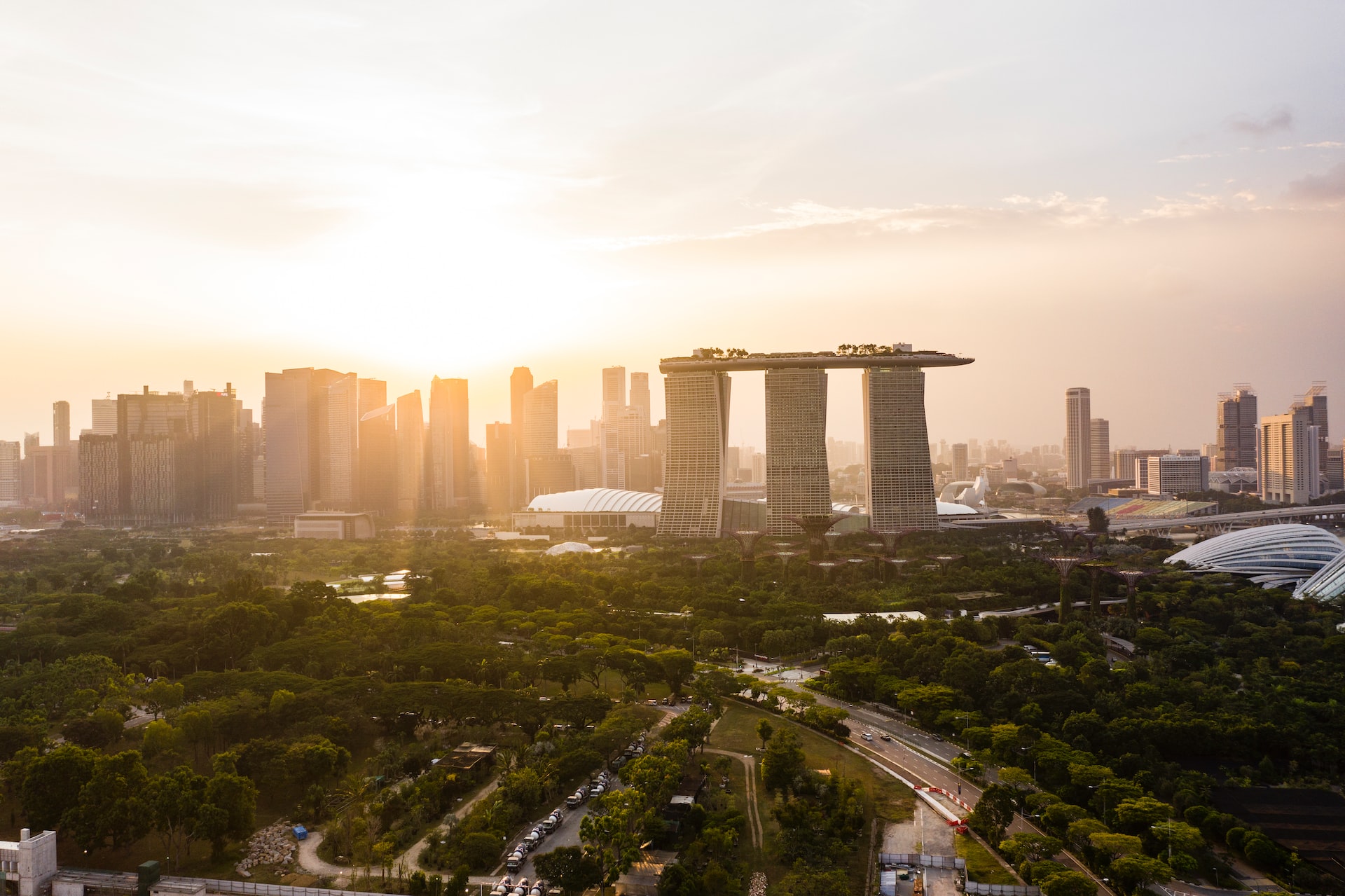Author | M. Martínez Euklidiadas
Singapore is a city-state obsessed with clean roads, recycling and the recovery of waste, which it reuses whenever it can. One of the most striking examples is the use of surplus ashes from incinerating non-recyclable waste to reduce its importation of sand in the land recovery policy, although, for obvious reasons, it is trying to minimize this incineration.
What were Singapore’s problems with waste and treating that waste?
During the 20th century, Singapore was a notably underdeveloped city-state, a classification that still remained until a long while after its independence from Malaysia in 1965. Singapore had two major problems:
- Pollution on its streets, which were dirty, creating the ideal climate for infestations of rodents and insects, the perfect breeding ground for diseases.
- Industrial pollution, leading the World Health Organization to declare it a polluted area in 1967. Water bodies were polluted and deforestation was unacceptable.
Singapore’s measures to tackle waste
In 1968, President Lee Kuan Yew began the obsessive, but necessary, campaign Keep Singapore Clean, by imposing fines on those who dirtied the city. Suddenly, the streets were clean, proving that the country’s street problem was not due to its high urban density, but rather due to lack of education.

Despite the major cleaning operations in the city-state, aimed at improving urban life (100% of its residents are urban), Singapore cannot resolve its forest problem. From 1819 to 1980 it lost 95% of its vegetation cover, and between that date and 2014, it destroyed 90% of its forests, killing off bird and plant species. According to the Encyclopedia Britannica, "There are no natural forests remaining on the island".
What it has managed to do is recirculate a considerable part of the industrial or industrialized waste it manages, becoming recycling experts. In 2012, the Singapore Green Plan led to a revolution in waste management, reducing waste that was not recoverable to a minimum and reusing the rest.
Singapore, the capital of recycling
In Singapore, everything that can be recycled is recycled. Inorganic waste is made into new materials used in industries such as the construction industry or as a base for reclaiming land (criticized for the environmental impact on the coast); organic waste is processed to extract biofuel and heat; mud and fats are used in different industries, including the energy industry for incineration; and waste from the construction industry is used to build or reclaim land from the sea.
Singapore has a global recycling rate of 47%, which is very low, but it has to be compared with the global figure of 13.5% published by the World Bank. Although part of the waste is incinerated or used to extend the land (not particularly sustainable), it leads the way in the reduction of waste in landfills, the scourge of a broken global waste system that has enormous environmental impacts.
Although all of the world’s countries have homework to do in terms of environmental matters —in this city, incineration plants and rewilding, among others— the truth is that Singapore is an example to be followed in terms of domestic and industrial recycling, and in terms of the treatment of waste. An example worth copying.
Images | Kirill Petropavlov, Hannah Sibayan






















































